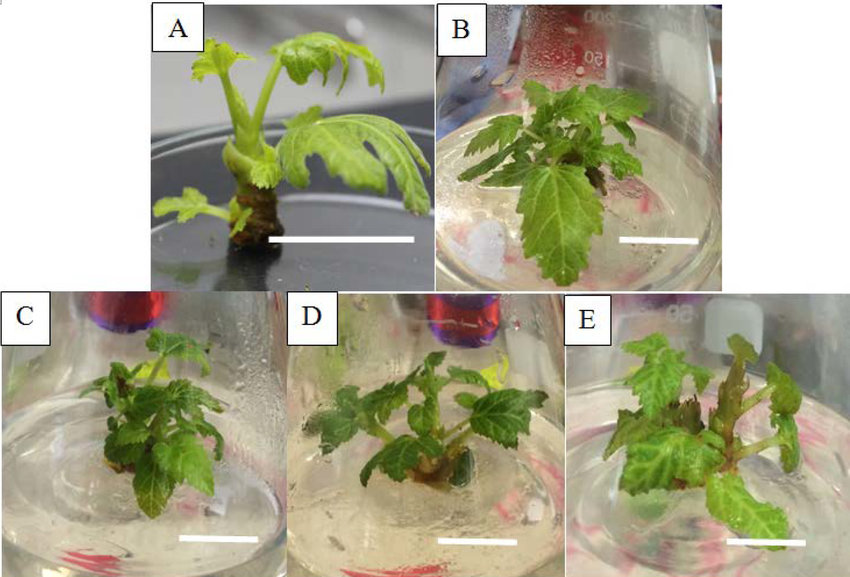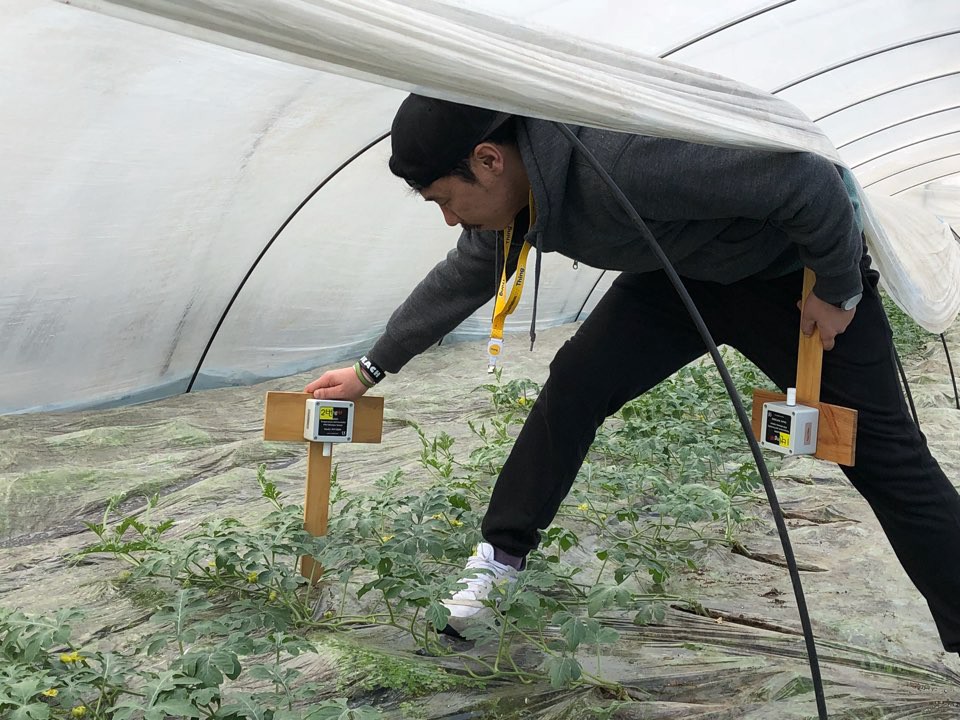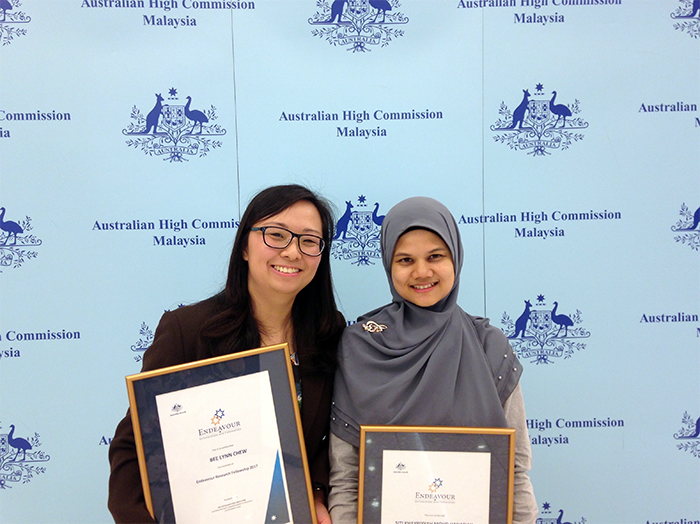This Award-Winning Malaysian Scientist Uses Technology To Help Farmers Grow Better Crops
Tomatoes. That's how it all started.
Technology has changed our lives in a big way
Even in Malaysia, there are SO MANY amazing and intelligent people who have used technology to help others.
In conjunction with Maxis’ new brand purpose launch, "Always Be Ahead", SAYS is collaborating with Maxis to highlight the stories of people who have embraced technology to innovate, just to make everyone's lives so much more easier.
Meet Dr Chew Bee Lynn, a research scientist in Universiti Sains Malaysia
Currently, she is a Senior Lecturer at the School of Biological Sciences and researches about tissue and cell suspension culture in tropical medicinal plants.
Dr Chew first got interested in farming while studying the flavour of tomatoes
While studying genes linked to flavour in tomatoes as part of her PhD at the University of Nottingham, UK, food crops piqued her interest.
Dr Chew sees a big potential for farming in Malaysia. There's such a high, constant demand for food in Malaysia, which means there's a real opportunity for growth and more jobs in agriculture. That's why she's been working together with local farmers and food growers to help maximise the quality of crops through practical cultivation methods - like micropropagation.
Wait, micro- what? Micropropagation!
If you’re befuddled by that word, it basically means the propagation of plants by growing plantlets in tissue culture and then planting them out.
The great thing about micro-propagation is that you can mass produce high quality plants rapidly, so local farmers can grow more crops and provide them nationwide.
Dr Chew has recently established plant tissue culture techniques to produce healthy Meyer lemon plants suitable to be grown on the Malaysian and tropical soil on a commercial scale. She is also currently dealing with the micropropagation of figs as well.
On top of that, Dr Chew and her team make use of Internet of Things (IoT) to optimise the growth of the crops
Essentially, sensors are installed in the greenhouse to help monitor the temperature and soil moisture, as well as pH levels, without even having to be there physically.
“For instance, during the rainy season, if we observe the soil to be too moist and is not suitable for planting, the online software will alert us on this matter and we work on that by reducing the frequency of the automated watering,” said Dr Chew.
This image shows an example of how IoT technology is used in greenhouses. The sensor reads the greenhouse's temperature and humidity levels.
Image via MediumPretty neat, huh?
This technology also comes in handy for vertical farming and urban indoor farming, where the conditions of the greenhouse can be controlled for optimal growth. It's kinda like customisation, but for plants!
For Dr Chew, she says that her motivation to do this is to encourage young growers to venture into the field of agriculture
Through Dr Chew's extensive research, we can see how technology has helped make things so much better. We're living in a day and age where technology has innovated the way things work so much. We really wouldn't know how to live without it.
Her work in attempting to revolutionise the local agricultural industry can potentially open up so many doors, creating more job opportunities for the younger generation to become researchers, planters, growers, and entrepreneurs.
Dr Chew (left) announced as a recipient of the prestigious 2017 Endeavour Scholarships and Fellowships by the Australian Government.
Image via USMIt's no wonder that Dr Chew was recently awarded the Women of the Future Awards Southeast Asia in the Science, Digital and Technology category
Thanks to Malaysians like her, we can continue moving forward together with technology.
Technology is here to stay for the better, and if we all participate in technology together, the world would be a better place for everyone.
Maxis wants to celebrate stories of Malaysians who have been innovative and who have constantly reached greater heights
Besides that, Maxis also wants to inspire Malaysians to think outside the box, because together, we will #AlwaysBeAhead. Find out more about Maxis' commitment to "Always Be Ahead" here.




